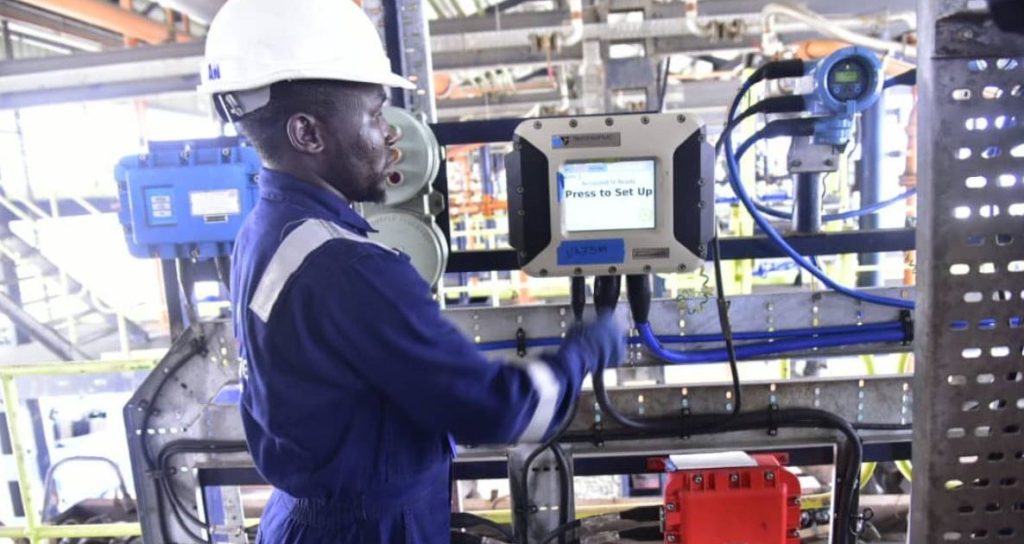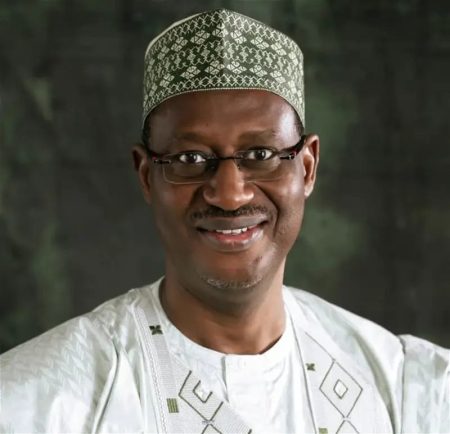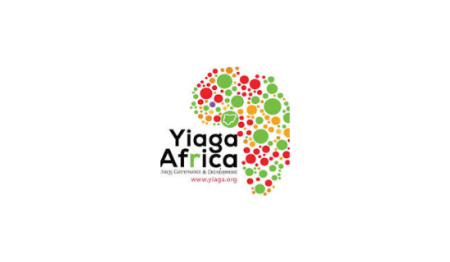The Nigerian National Petroleum Company Limited (NNPC) is significantly expanding the country’s compressed natural gas (CNG) infrastructure. The agency has acquired essential equipment aimed at establishing an additional 40 CNG stations nationwide, part of a broader plan that includes creating approximately 100 CNG stations within the next six months. This initiative was confirmed by the Program Director and CEO of the Presidential Compressed Natural Gas Initiative (PCNGI), Oluwagbemi Michael, during a recent event in Ogun State. This concerted effort seeks to enhance the availability and accessibility of CNG, an alternative fuel source that has yet to achieve widespread acceptance among Nigerians due to the limited number of existing stations.
Over the past year, the NNPC has made notable advancements in the CNG sector, having successfully launched 12 CNG centers, specifically six each in Abuja and Lagos. Despite ongoing complaints regarding the scarcity of CNG stations, which hinders its adoption as a viable alternative to petrol, Oluwagbemi assured stakeholders that an active infrastructure development program is already in motion. To further bolster this initiative, roughly N122 billion has been allocated to six private organizations engaged in enhancing the CNG distribution framework. While recognizing that the rollout of such infrastructure requires careful planning, procurement, and installation, he remains optimistic about the progress being made.
Oluwagbemi underscored that investments in the CNG sector are not limited to government initiatives; private companies are also engaging in these efforts. Notable players, such as Bovas and NIPCO, are adding more refueling stations to the current network. From a mere 13 to 20 CNG refueling stations last year, the total has now grown to 50, and with ongoing investments, this number is expected to double in the coming months. The government aims for a consistent and continuous engagement to ensure that more investors recognize and capitalize on the economic opportunities presented by the CNG market.
Furthermore, the initiative involves distributing one million CNG conversion kits to commercial drivers, potentially generating up to 1.5 million additional demands for CNG across the country. Oluwagbemi described how enabling vehicle conversion through credit schemes for private individuals would attract further investments. By promoting CNG through such strategies, the government is not only facilitating infrastructural development but also driving the adoption of CNG among the wider population, thereby paving the way for increased competition in the energy market.
When discussing the potential for upgrading existing petrol filling stations to accommodate CNG refueling, Oluwagbemi confirmed that this is entirely feasible. The NNPC is engaged in implementing 40 such upgrades, which are expected to be operational soon. He emphasized the critical role of the private sector in this transition, stating that the government can create opportunities by investing in conversion stations while the private sector should actively invest in these infrastructures. The successful integration of CNG into Nigeria’s fuel landscape hinges on collaboration between government initiatives and private sector involvement.
To address concerns regarding the cost of converting petrol-powered vehicles to CNG, Oluwagbemi mentioned a credit scheme available for individuals seeking conversion. This option would allow car owners to convert their vehicles gradually while benefiting from substantial savings on fuel costs. Having provided a clearer path for implementation, he reassured the public of the government’s commitment to ensuring that CNG reaches even the most remote areas of Nigeria, where it can provide a safer and more affordable alternative to traditional petrol, thereby facilitating greater energy accessibility for the nation’s driver population.














